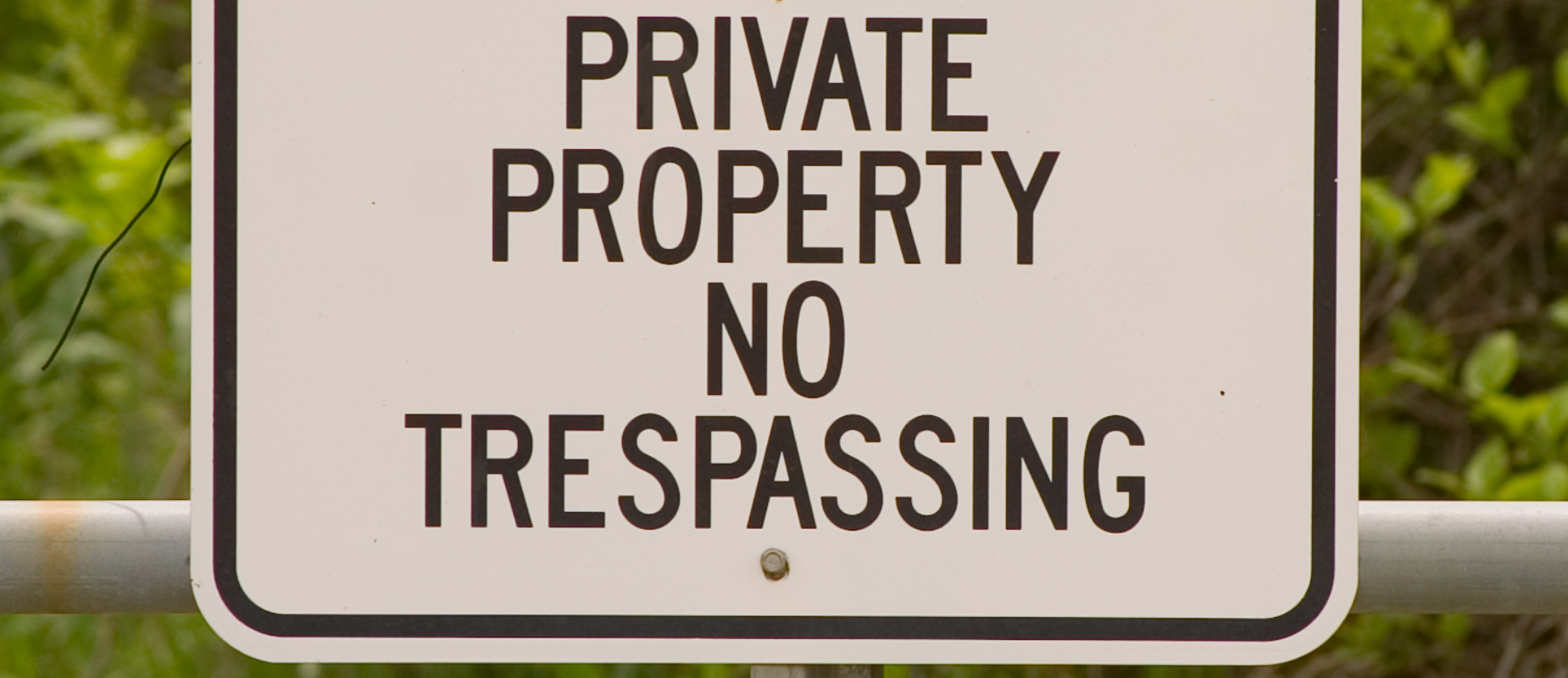
Understanding Squatters Rights In Connecticut: A Comprehensive Guide
Understanding squatters’ rights is essential for property owners in Connecticut. Legal protections are granted to individuals who occupy and reside on the property of another without permission or a lease agreement, known as squatters rights.
It can be challenging to navigate the complex state laws that govern these rights in Connecticut. Property owners must comprehend the definition of squatting and the strategies available to them for resolving the issue.
Knowing the laws of your state and how they may differ from those of other states is the initial step in comprehending squatters’ rights. In addition, it is imperative to be cognizant of the potential repercussions of neglecting to address a squatter on one’s property.
The History Of Squatting Laws In Connecticut And How They Have Evolved
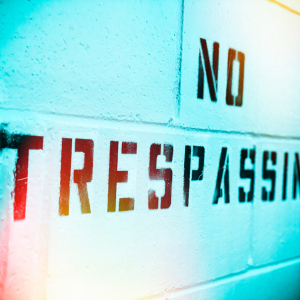
Squatter’s rights in Connecticut have a long history dating back to the colonial era when the land was plentiful, and ownership was frequently determined through physical occupation. As the state developed and urbanized, squatting became a contentious issue.
In response, legislation was passed to protect property owners and their rights. These laws have evolved, with shifting societal attitudes and economic conditions influencing their development.
Understanding squatters’ rights in Connecticut involves navigating complex housing laws that balance property owners’ needs with those seeking shelter on vacant land or buildings.
What Constitutes “Squatting” In The State Of Connecticut?
Squatting is occupying a property without legal permission or rights. Squatting is considered a legal issue under Connecticut’s adverse possession laws.
An individual who has lived on a property without the owner’s consent may be able to claim ownership of it. However, certain requirements must be met for this claim to be valid, such as openly and continuously occupying the property for 15 years and paying all applicable taxes.
Property owners in Connecticut should be aware of these laws and how they may affect their rights. Failure to navigate these housing laws properly when dealing with squatters may result in unexpected consequences.
The Legal Definition Of Occupancy Vs. Trespassing In Connecticut

Understanding the legal definitions of occupancy and trespassing is critical for Connecticut property owners who may encounter squatters on their land. Occupancy is a person’s legal possession and use of a property, which can be established through a lease agreement or ownership deed.
Trespassing is entering and remaining on another person’s property without permission. In Connecticut, specific laws govern the rights of both parties in such situations, and property owners must understand their rights and responsibilities to navigate housing laws effectively.
Failure to do so may result in legal disputes and financial losses for property owners. Understanding the difference between occupancy and trespassing in Connecticut is crucial for protecting property rights.
Exploring The Grey Areas: When Does Squatting Become Criminal Trespass?
Connecticut property owners may find squatters’ rights a complex and contentious issue.
Squatting is commonly defined as occupying a property without permission. However, some grey areas can blur the distinction between squatting and criminal trespass.
If a person occupies a property to claim ownership through adverse possession, is this still considered squatting or criminal trespass? Similarly, if someone is invited onto a property but stays longer than expected, do they become a squatter, or are they simply trespassing? These questions highlight the importance of understanding Connecticut’s housing laws and their application to squatter’s rights cases.
Key Differences Between Adverse Possession And Squatters Rights In Connecticut
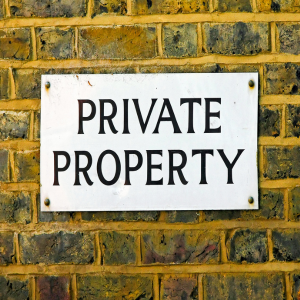
When navigating Connecticut housing laws, property owners must understand the key differences between adverse possession and squatters rights. Adverse possession is a legal concept that allows someone to gain ownership of another person’s property by openly using and maintaining it for a set period of time without the owner’s permission.
Squatters’ rights apply to individuals who occupy and reside on a property without the owner’s consent. While adverse possession and squatter rights involve the unauthorized use of another person’s property, they are distinct legal concepts with different requirements and implications for Connecticut property owners.
Understanding these distinctions is critical for property owners to protect their rights and avoid potential legal conflicts.
The Importance Of Establishing Intent To Occupy For Squatter’s Rights Claims
Understanding squatters’ rights in Connecticut is critical for property owners navigating housing laws. One critical aspect of these rights is demonstrating intent to occupy.
Squatters must prove they intend to live on the property as their primary residence. This can be established using a variety of evidence, including utility bills and mail addressed to the property.
Without proving intent, a squatter’s rights claim may fail in court. Property owners and potential squatters must understand the importance of providing evidence of intent to occupy to protect their respective interests.
This ensures a fair and legal resolution for Connecticut’s squatting disputes on private property.
How Long Must A Person Occupy A Property To Claim Squatters Rights In Connecticut?
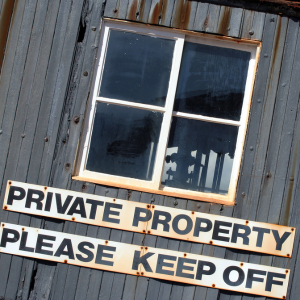
Squatters’ rights, also called adverse possession, are a legal concept that enables individuals to assert ownership of a property if they have occupied it for a specified period without the original owner’s consent or knowledge. In Connecticut, the minimum period of occupancy necessary to assert squatters’ rights is 15 years.
This implies that an individual must occupy the property openly and continuously for 15 years before they can legally assert ownership. Nevertheless, this assertion is contingent upon the fulfillment of specific criteria.
This encompasses the payment of property taxes for 15 years and the absence of objection from the original owner. Property owners in Connecticut must comprehend these laws and their rights to safeguard their land from potential claims by squatters.
Understanding The Role Of Abandonment In Squatter’s Rights Cases
Property owners must understand abandonment when it comes to Connecticut squatters rights. Abandonment is leaving a property without intending to return or maintain ownership.
If a property owner abandons their property and a squatter occupies it, adverse possession laws may allow them to claim possession. This means the squatter has used the property openly and continuously for 15 years in Connecticut without owner challenges.
Property owners may not realize their property has been abandoned until too late. Thus, property owners must monitor their properties and take action to prevent abandonment.
Proving Continuous And Exclusive Possession: Essential Elements For A Successful Claim
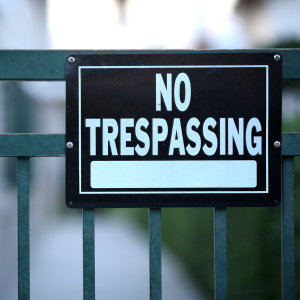
Demonstrating continuous and exclusive possession is key for property owners to understand squatters rights in Connecticut. This is necessary for a successful claim because it shows that the squatter has lived on the property long without the owner messing with them.
Additionally, it proves that the squatter has only used the property for their purposes, not sharing it or letting anyone else use it. Evidence like utility bills, mail delivery records, or witness statements can show this.
Under Connecticut’s squatters rights laws, a squatter might not have a strong case for claiming property ownership without this requirement.
Limitations And Exceptions: Properties Exempt From Squatters Rights Claims In Connecticut
Some properties in Connecticut are not subject to squatters’ rights claims, but there are some limits and exceptions to this rule.
Some exceptions are commercial properties, government-owned properties, and properties that have been empty or abandoned for more than a year.
People who squat on someone else’s property can’t claim squatters rights either if the owner has given written permission for them to stay there.
Property owners need to know about these rules to protect their rights and stay out of trouble with the law if squatters move in.
The Impact Of Property Ownership Records On Squatter’s Rights Cases
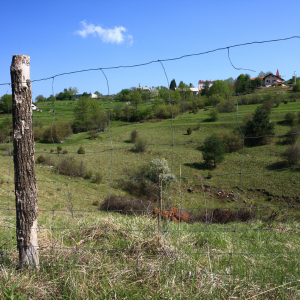
Property owners in Connecticut may struggle to understand squatters’ rights. The property’s ownership records are an important factor that can significantly impact these cases.
These records are official documentation of who legally owns the property and can be important in determining squatters’ rights. Property owners must diligently keep accurate and up-to-date ownership records to avoid confusion or disputes over their property.
Resolving squatter’s rights issues becomes more difficult when ownership records contain discrepancies or errors. Property owners must keep their records up to date and in good condition to protect their rights.
Challenging A Landlord’s Right To Evict: Defending Against Unwarranted Claims Of Trespassing Or Illegal Occupation
Connecticut’s housing laws can be complicated and confusing, particularly regarding the rights of property owners and squatters. One of the most difficult challenges for property owners is defending against unfounded trespassing or illegal occupation claims made by tenants or squatters.
In some cases, landlords may attempt to evict tenants or squatters without proper legal justification, causing frustration and uncertainty among property owners. However, understanding the concept of squatters’ rights in Connecticut is critical for navigating these situations.
Property owners must understand their rights and how to challenge a landlord’s attempt to evict them based on false allegations of trespassing or illegal occupation. Property owners can effectively defend against these types of claims and protect their property rights by becoming acquainted with the relevant laws and, if necessary, seeking legal advice.
Potential Consequences For Landlords Who Ignore Or Fail To Address Suspicious Occupancy On Their Properties
Property owners in Connecticut must comprehend squatters’ rights and the potential impact they may have on their property ownership. Squatters occupy a property without legal rights, frequently exploiting loopholes in housing laws.
Landlords who neglect to address or disregard suspicious property occupancy may be subject to severe repercussions. These may encompass the potential for squatters to file lawsuits asserting their occupancy rights, damage to the property, and losing control over it.
Landlords must remain informed and take action against any suspicious activity on their properties to safeguard their ownership rights.
Understanding The Burden Of Proof For Both Parties Involved In A Squatter’s Rights Case
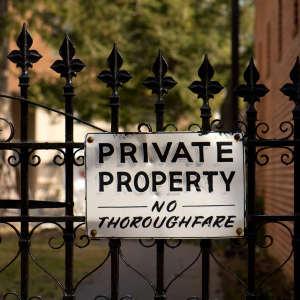
It is very important to know who has the burden of proof for each side in Connecticut’s complicated world of squatter’s rights. This means that property owners have to be able to show that they legally own the land and did not let the squatter come live there.
Squatters, on the other hand, must prove that they have lived on the land continuously and openly for a certain amount of time, which in Connecticut is usually 15 years. Both sides must gather strong evidence and present it in court to win their case.
This can include utility bills, property deeds, and statements from witnesses. Understanding what kind of proof is acceptable can have a big effect on the outcome of a squatter’s rights case.
What Rights Do Squatters Have In CT?
The laws in Connecticut about squatters, also called “adverse possessors,” have been in the news lately. People who own land need to know what rights squatters may have as they deal with the complicated land ownership rules.
The law protects squatters in Connecticut, who can claim ownership of someone else’s property if they meet certain requirements. For example, they must have lived on the land continuously and openly for 15 years without the owner’s permission, paid property taxes, and been sure they were the rightful owners.
Squatters can also claim abandoned properties after living there for just seven years. It is important for property owners and people who want to take ownership of someone else’s property through adverse possession in Connecticut to understand these laws and how they affect squatters’ rights.
How To Get Rid Of Squatters In Connecticut?
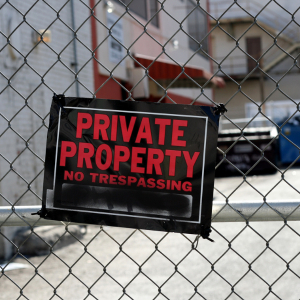
If you own property in Connecticut, you should know the laws about squatters’ rights across the state. When you squat on someone else’s property without their permission or legal right, you are breaking the law.
Property owners may find it hard to eliminate squatters in Connecticut because the law may protect them and give them certain rights. In Connecticut, property owners who want to eliminate squatters must follow certain legal steps. For example, they must file an eviction lawsuit and give the squatter proper notice.
Also, you should talk to an experienced lawyer who can help you understand the complicated housing laws and protect your rights as a property owner. You can get rid of squatters from your Connecticut property if you know your options and take the right steps.
These findings apply across all of Connecticut, including areas in and around Manchester, East Hampton, Southington, Plainville, Bristol, and Middletown. If you need further assistance, please get in touch with us at (860) 589-4663 or visit our website to learn more about our company.
Get Your Fast, Fair Offer Today!
START HERE: We buy houses in ANY CONDITION. Fill out the form below and we can begin the process of making a no-obligation cash offer on your property.

